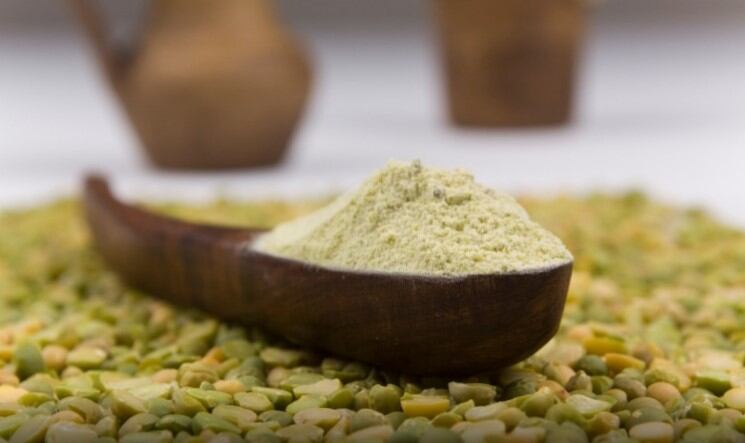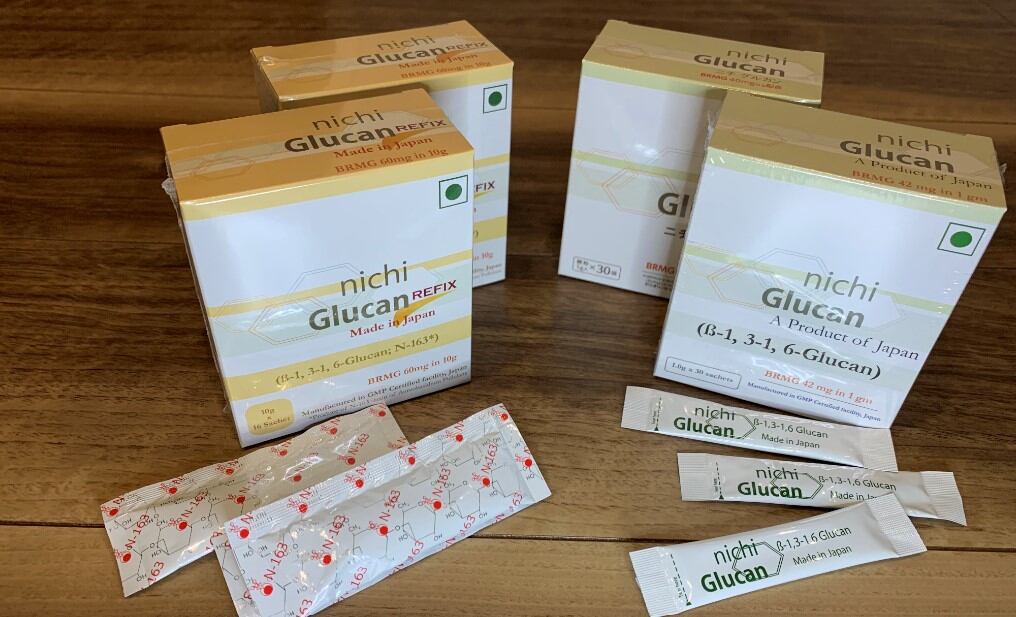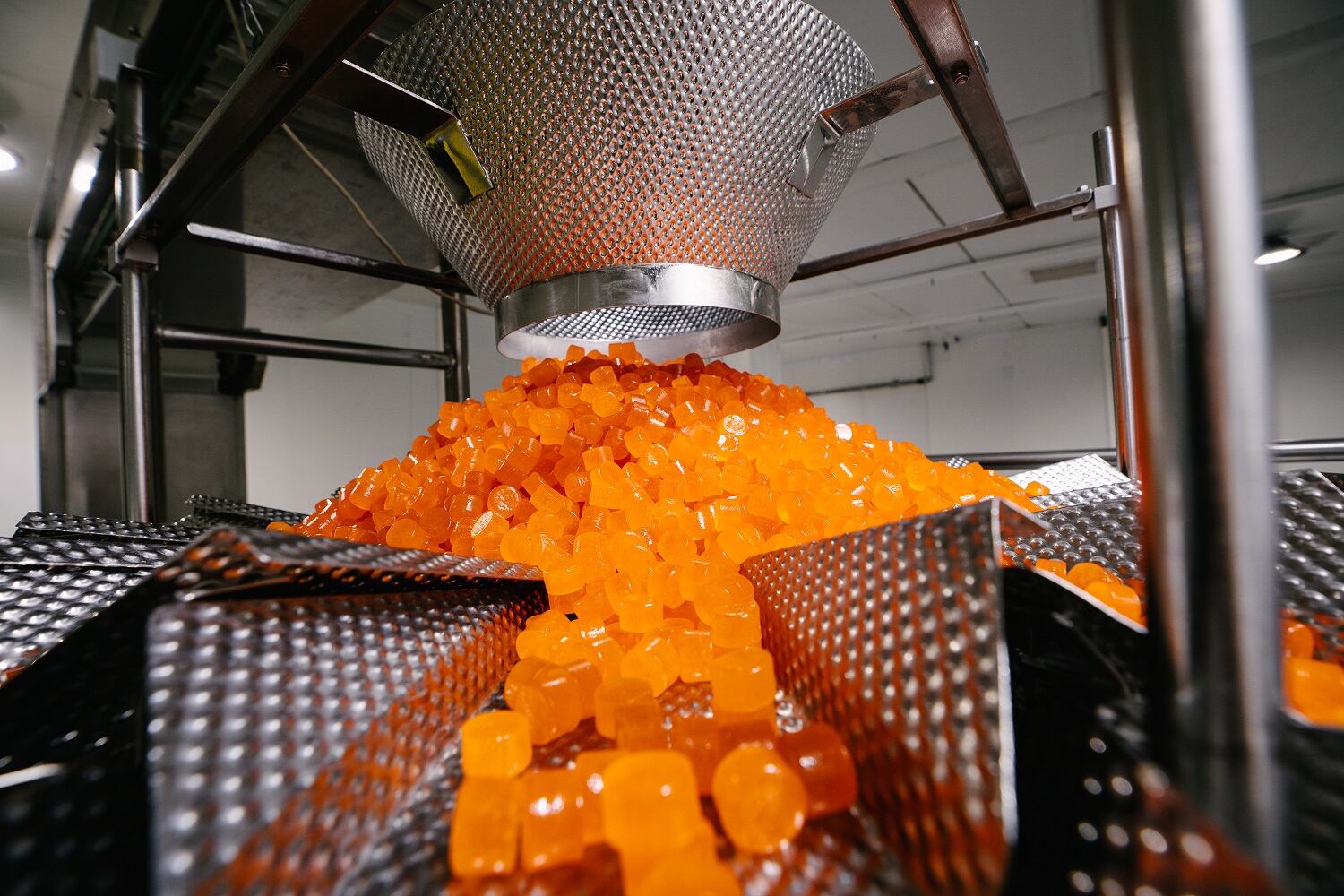Findings from a joint study, carried out by French research institute INRAE and plant protein supplier, Roquette, validate the potential of pea isolate as a high-quality protein and demonstrate its ability to meet all amino acid (AA) requirements.
Pea protein returned a digestibility score of 100, explains INRAE Research Scientist, Juliane Calvez, which qualifies it as an “excellent source of plant protein for human diet”.
“Pea protein isolate displayed a well-balanced indispensable amino acid composition associated with a high digestibility” and appears to be “one of the rare plant proteins with no limiting amino acids”, the authors write.
Dietary potential
There is a lot of debate about adequate protein intake in the field of nutrition, as protein is an indispensable nutrient and cannot be stored in the body, the authors write.
As Western countries start to reduce consumption of animal-derived protein for environmental reasons, consumers are looking for more sustainable plant-derived sources.
The authors explain that most plant proteins are considered to have poor digestibility compared to animal sources, but legumes (such as soya, pea, lupin) have demonstrated good digestibility and particularly when consumed in a purified form.
Of these, yellow peas offer the best potential due to the high protein content (24%) and relatively balanced amino acid (AA) profile.
The study aimed to evaluate the nutritional quality of pea protein isolate compared to milk casein by assessing amino acid bioavailability and nitrogen digestibility.
Study protocol
The protein quality of yellow pea isolate was evaluated based on digestible indispensable amino acid scores (DIAAS), as recommended by the Food and Agriculture Organisation (FAO).
These were compared with milk casein, which is considered an appropriate reference in terms of nutritional quality as it contains 77-78% total milk proteins and a digestibility range from 94% to 100%.
Fifteen healthy volunteers were recruited for the randomised trial and fed test meals through a naso-ileal tube. Mini meals consisted of nine portions of mashed potato containing either pea protein or casein.
Each volunteer received a total of 45g (dry weight) of potato and 4g of nitrogen from the test protein (35g of pea protein isolate or 31g of casein isolate).
Volunteers were given a glass of water hourly but were not allowed to ingest any other food during the sampling period.
Small intestine (ileal) content, plasma, and urine samples were regularly collected for eight hours following ingestion.
Protein values
Real ileal digestibility (RID) varied depending on the amino acid type but, overall, there was no significant mean difference.
Nitrogen excretion and flow rates were analysed to measure amino acid status. No discernible variations were detected between the two protein sources, although there was “a trend of higher dietary nitrogen losses in the pea protein group”.
Dietary nitrogen kinetics induced by ingestion of either protein type were also negligible as were variations in nitrogen digestibility (92% for pea protein and 94% for casein).
“The difference between protein groups was not significant, probably due to the interindividual variability and the low antinutritional factor concentration in pea protein,” the authors commented.
Conclusion
Overall, digestibility values obtained in this study for pea protein isolate were comparable to milk casein as well as to those obtained for soy isolate and lupin flour determined in comparable studies (91.5 ± 2.0% and 91.0 ± 3.0%, respectively).
The authors postulate that the study draws attention to the high digestive and metabolic bioavailability of pea protein and highlights its potential as an additional source of dietary protein.
Source: Oxford University Press
Published: doi.org/10.1093/ajcn/nqab354
‘Real ileal amino acid digestibility of pea protein compared to casein in healthy humans: a randomized trial’
Authors: Florence M Guillin, Claire Gaudichon, Laetitia Guérin-Deremaux, Catherine Lefranc-Millot, Gheorghe Airinei, Nadezda Khodorova, Robert Benamouzig, Pierre-Henri Pomport, Juliette Martin, and Juliane Calvez




